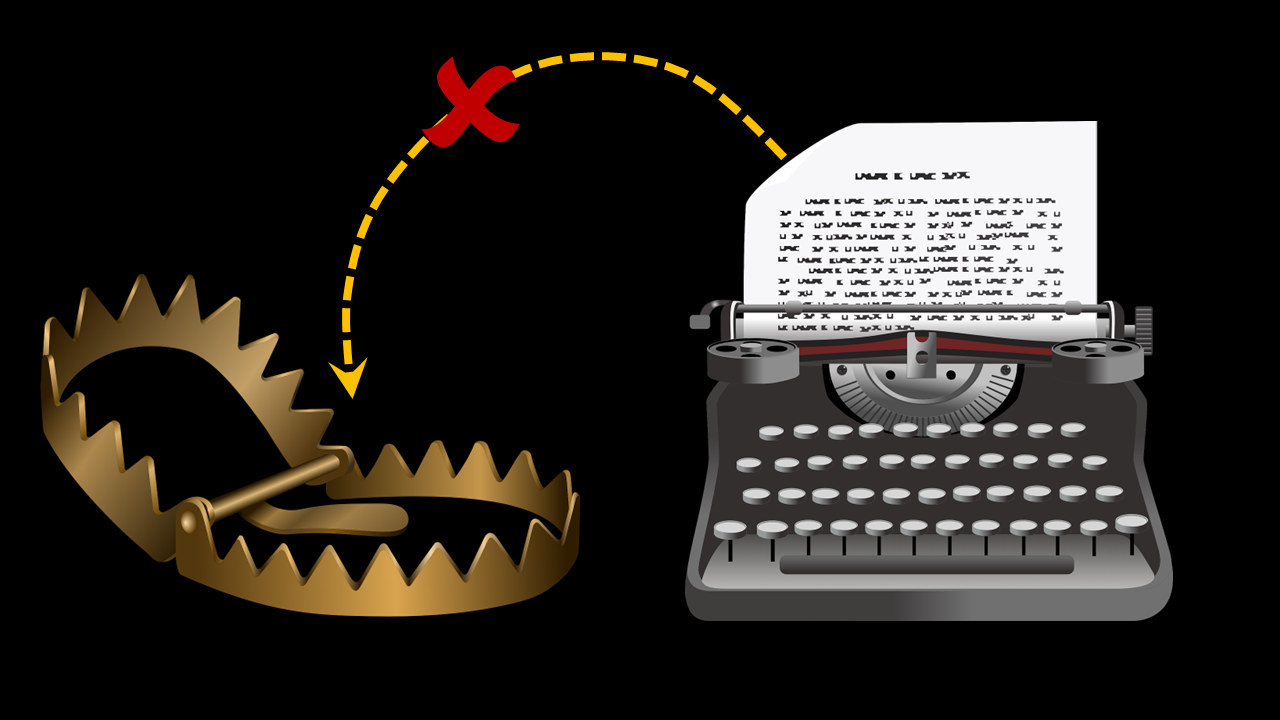Be verbs have earned a bad reputation for creating boring writing—but they’re not alone. Copula verbs (also known as linking verbs), which include be, seem, feel, become, and remain, also create bland sentences. Though these verbs can be useful, more often they’re just feeble verbs that attract wan adjectives and slow your sentences.
Continue readingWe talk about plain language a lot here at WordRake, and for good reason. Our software is specifically designed to make it easier to follow plain language laws. But what are plain language laws exactly? The nation’s leading expert, Professor Michael Blasie, agreed to give us a crash course in this important legislation.
Continue reading“How hungry is my reader?” When we sit down to write a web page, report, proposal, or blog post, we’re often plagued by uncertainty about our readers’ appetite for our content. Am I writing for a headline-only grazer? An executive summary diner? A footnotes-and-all chowhound? One size cannot fit all because readers differ in their appetite for detail. What’s a writer to do?
Continue readingWhen you see several potential verbs in a short sentence, but only one of them ends with -ing—and it isn’t driving the action—your sentence may have fallen into the Gerund Trap. If the -ing word represents an abstract idea and it’s the first word in a sentence or independent clause, then you’re almost certainly in the Gerund Trap. You may be surprised to learn that your -ing word isn’t functioning as a verb at all: it’s a noun! (By definition, a gerund is a verb in its -ing form that functions as a noun.)
Continue readingPart 3 - Either annoying or disrespectful
We all have phrases and words that just rub us the wrong way. Those show up in the office a lot. Whether it’s because one specific person abuses the phrase, or because the phrase itself is problematic, some business clichés make us want to lash out in anger and frustration. To wrap up our series of 24 clichés to forget forever here are 8 more office clichés that need to go away forever.
Continue readingPart 2 - Dishonesty
Business jargon is often used to hide something, whether it’s an outright lie or a little misdirection. The easiest way to spot this is to ask whether the information being offered by the cliché was needed. This is one of my go-to communication rules: if you’re feeling the need to offer descriptions no one has asked for, you’re probably not being honest. To quote a response to a denial in NBC’s The Good Place, “Okay, that’s really specific, and that makes me think you definitely did do that.” Or to quote Shakespeare’s Hamlet, “The lady doth protest too much, methinks.” If you think “I should say X so I don’t sound like Y,” examine why you think your statement will sound that way to begin with. Then change your words to be more precise, or else don’t say anything at all.
Continue readingBusiness clichés range from annoying to nonsensical to downright offensive. We’ve discussed them several times in the past, but today we’re looking at the ones you submitted—things that drive you crazy that you wish you’d never hear again. After putting the call out to friends, colleagues, and loved ones, we’re breaking down (in three parts) 24 annoying business clichés to get rid of for good.
Continue readingEmail has become the primary method of business communication—72% of people prefer email as their main source of business communication. But are we truly communicating? Sixty-four percent of businesspeople report having either sent or received an email that resulted in unintended anger or confusion. Research shows it’s because we’re not communicating effectively: Email senders overestimate their clarity and persuasiveness and email receivers only determine tone correctly 56% of the time.
Continue readingTo tighten each sentence, search for redundant words where the meaning could be clearly expressed with a single word. Most writers know to eliminate doublets and triplets, but overlook other redundancies in:
- word pairs or groups where the meaning of a word implies or includes its modifier
- word pairs or groups where the specific word implies the general category
- throw-away phrases that describe the writer’s intentions, give directions to the reader, or describe the structure of the text
It's hard to keep your mind on your task. The New York Times recently reported that brain fog is becoming an increasingly serious issue for the American workforce. The blahs that come from staring at your computer screen can be chased away by injecting some fun into your process. Enter gamification: adding elements of the gaming experience to a boring or unpleasant task to encourage you to complete it.
Continue reading












